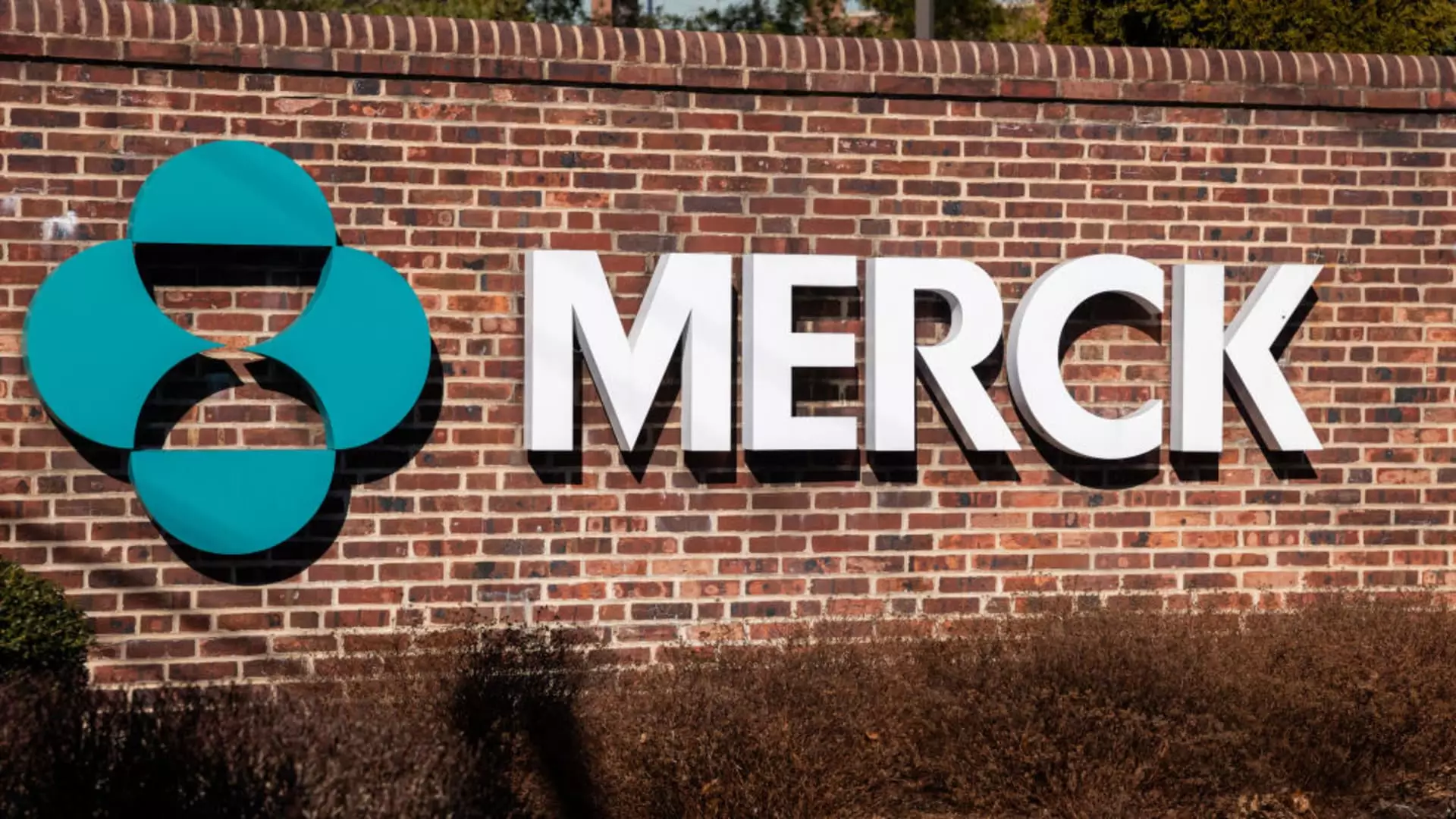The health-care sector has captured attention once again, as analysts at Wolfe Research suggest that investors may want to dive back into health-care stocks after a tough month marked by declines. With recent market movements indicating potential recovery, particularly within notable stocks in the S&P 500, a deeper analysis reveals key stocks with promising prospects.
The health-care sector endured a notable downturn earlier, falling over 4% as markets transitioned from September to October. However, technical analyst Rob Ginsberg highlighted a shift, noting that the Health Care Select Sector SPDR Fund (XLV) has crossed back above its 50-day moving average. This is an encouraging signal, suggesting that prices may be in the nascent recovery phase rather than peaking.
Many technical indicators suggest that this might be the early stages of a rebound, or a “relief rally,” as Ginsberg describes it. This kind of movement typically signals that stocks in the sector might capitalize on this resurgence, making it a ripe opportunity for investors looking for growth in healthcare stocks.
An additional factor boosting investor interest is the prospect of dividend payouts from several stocks in this sector. With many health-care stocks offering a dividend yield of 1.5% or greater—exceeding the yield of the broader S&P 500—investors are increasingly drawn to the income potential versus the backdrop of stock performance. A recent CNBC Pro screening of the healthcare sector pointed to several stocks meeting this lucrative yield requirement, further emphasizing the attractiveness of these investments.
Among the highlighted stocks is Abbott Laboratories, which boasts a dividend yield of 1.9%. Approximately 55% of analysts covering Abbott recommend a buy, indicating strong confidence in the company’s financial health and operational success. The firm recently outperformed expectations in its third-quarter earnings and revenue, prompting an upward revision in its full-year earnings guidance. CEO Robert Ford’s optimistic statements about the company’s positioning heading into next year add to its allure, especially given its 12% stock increase from July onward.
However, potential investors should continue monitoring the company’s past legal challenges, including a noteworthy judgment against them related to its infant formula, which could affect its reputation and stock price in the future.
Moving on to Becton, Dickinson and Company, which offers an attractive 1.6% dividend yield alongside a 16% potential upside according to analyst targets. This global medical tech company remains robust, typically ideal for conservative investors looking for stable stocks in the healthcare space. Analysts show a strong bias towards a buy recommendation, reflecting a confidence in the company’s business model and market response, even as its year-to-date performance remains relatively flat.
Cigna, an influential player in the health insurance arena, also provides a 1.6% dividend yield and has shown impressive year-to-date growth of 14%. With 71% of analysts rating Cigna favorably, the company’s ability to meet or exceed earnings and revenue projections underscores its financial strength. However, the Federal Trade Commission’s scrutiny of Cigna’s pharmacy benefit manager division regarding accusations of mismanagement provides a note of caution for potential investors. This regulatory investigation could have implications for Cigna’s business operations and may cloud its otherwise strong outlook.
Another standout is Merck & Co., boasting the highest dividend yield of 2.8% among the mentioned stocks, along with a significant upside potential of 26% according to analysts. The company’s focus on prescription medications, particularly its strong-performing cancer treatment portfolios, positions it favorably within the market. Merck also recently reported positive results for an experimental RSV treatment, further positioning itself as a leader in innovation. That said, the company has also faced challenges, especially with underwhelming sales in its HPV vaccine product line, which could temper investor optimism leading into future earnings reports.
The health-care sector presents a compelling investment case as it gears up for a potential recovery from a recent slump. With several companies offering attractive dividend yields alongside positive analyst sentiments, investors have a chance to capitalize on growth while also receiving income from dividends. Nevertheless, prospective investors must consider the underlying risks, including ongoing litigation and regulatory scrutiny that could impact overall performance. Carefully evaluating these dynamics will be essential for those looking to enhance their portfolios with health-care stocks.

